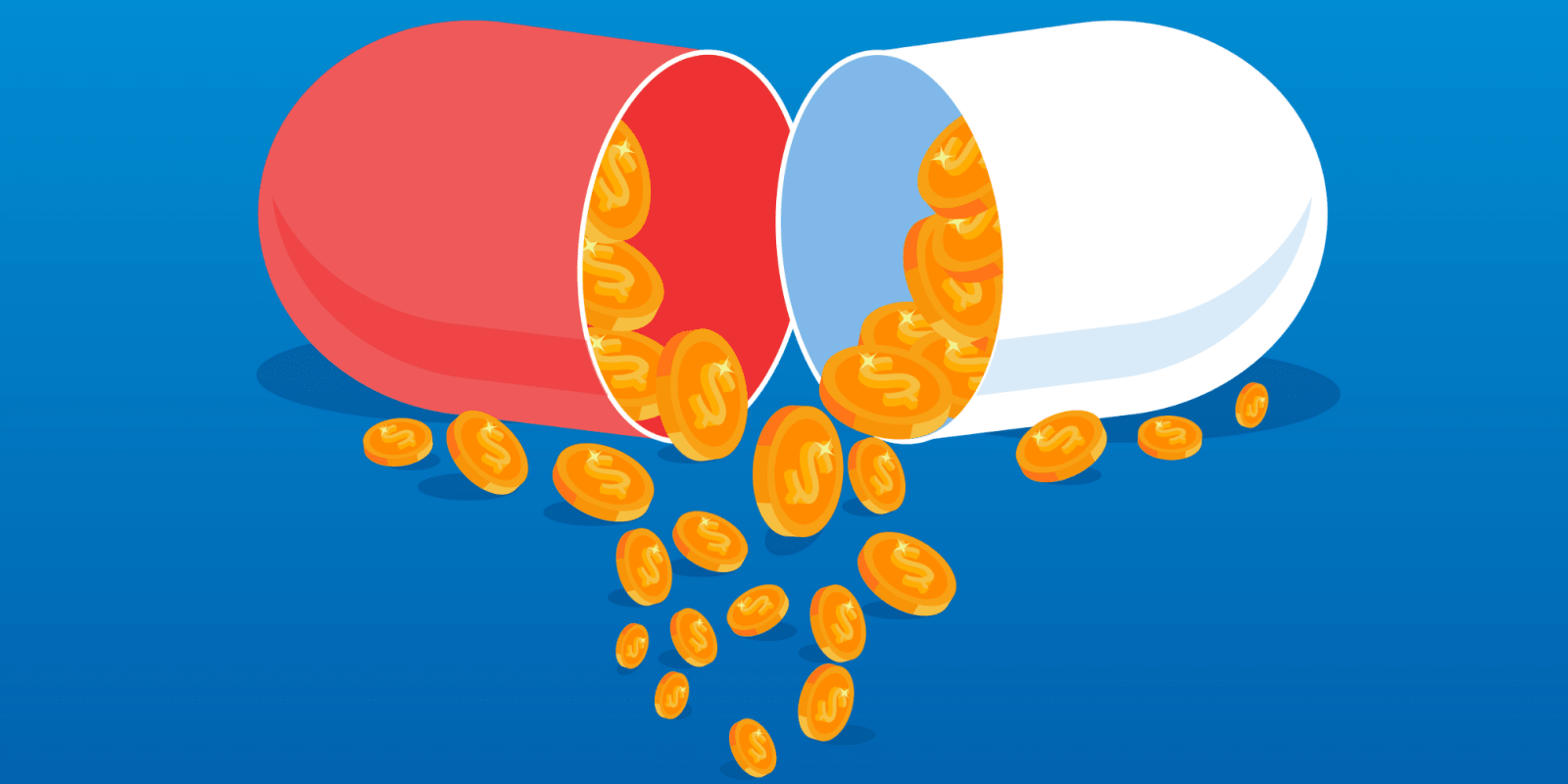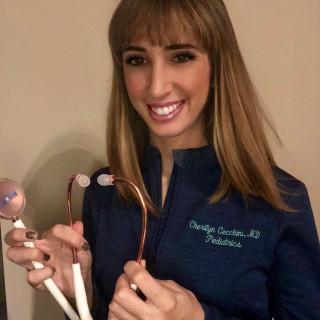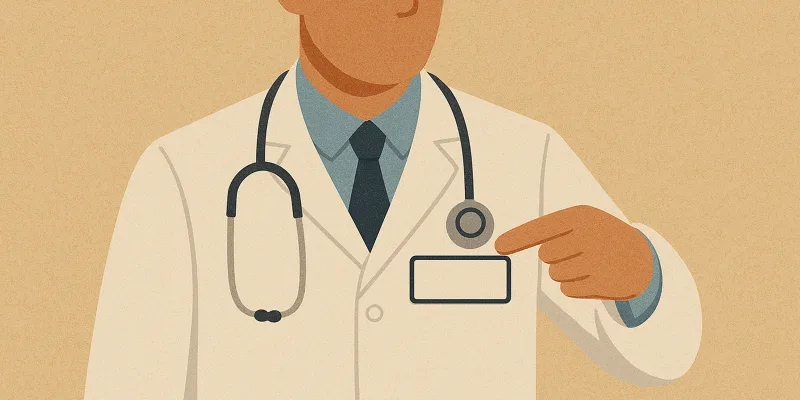
Another day and another unfortunate news story lands in my inbox. I can hardly read the headline let alone urge myself to open the full body text. I can’t help but ignore it burning in my inbox, so it is only a matter of seconds until I am reading the latest devastating story about insulin.
The cost of insulin is sky-rocketing and patients with diabetes are dying as a result. How can anyone live with this knowledge? As a physician, I am simply mortified by the stories shared in the diabetes community about the need to ration insulin just to stay alive.
These preventable deaths haunt my thoughts every day. I struggle to understand the rationale behind the price hikes and I simply cannot find any excusable reason for this deeply unfortunate situation. The large pharmaceutical companies (three specifically) are simply taking advantage of a vulnerable patient population and capitalizing on a very important, needed drug: insulin.
So, I sit here wondering to myself, “how can we solve this issue?” I’m not a practicing endocrinologist, so I turned to the media to see if any had suggestions about how to beat this pricing catastrophe. Dr. David M. Trigell wrote in the Washington Post that pharmacies and insurers should be required to dispense a minimum 30-day supply and ensure that patients have a second vial of insulin on hand at all times in case of emergencies. He suggests legislation at the state or federal level directed toward lowering co-pays. I do agree with his suggestions, but are they feasible?
I think that doctors need to band together regardless of specialty to draw more attention from legislators and particularly from the big pharma companies in an effort to carry out sustainable solutions. Physicians should not be forced to prescribe patients cheaper, older insulins that may not be as effective for their overall care.
I can hardly stomach that big pharma can stand reading these stories about patients dying because they can’t afford insulin, but maybe if physicians more loudly join the conversation, they will be encouraged to take action. There is an urgent need to address affordability and we should continue to speak up about this until all patients with diabetes have guaranteed access to affordable insulin. Patients are already burdened by the disease, so we must do everything in our power as physicians and as good people to eliminate the financial burden from them. Before the 1920s, type 1 diabetes was a death sentence for patients. Let’s not allow that to be the new normal in 2019.
But, wait, there is finally hope! I wrote the majority of this opinion piece before Eli Lilly announced major news regarding the pricing of its insulin. Just a few days ago, the major pharma company revealed an authorized generic version of its Humalog insulin at half the price of the original product. This is a really admirable step toward making insulin more affordable and it definitely makes me feel a little less enraged about the unaffordability of this product. The obvious question now is whether or not the other two major pharma companies will follow suit. I obviously think that they should given all I’ve written here.
While this makes me hopeful about the general direction of insulin pricing, I still feel there is a lot more that needs to be done in order to ensure that people with diabetes are able to easily access life-saving insulin without worrying about cost. Eliminating the financial burden for patients with an already burdensome disease should be the ultimate goal. Eli Lilly took the first step, but we need to all continue to take giant leaps toward a better solution.
Dr. Cherilyn Cecchini is a pediatrician and a 2018–2019 Doximity Author.







